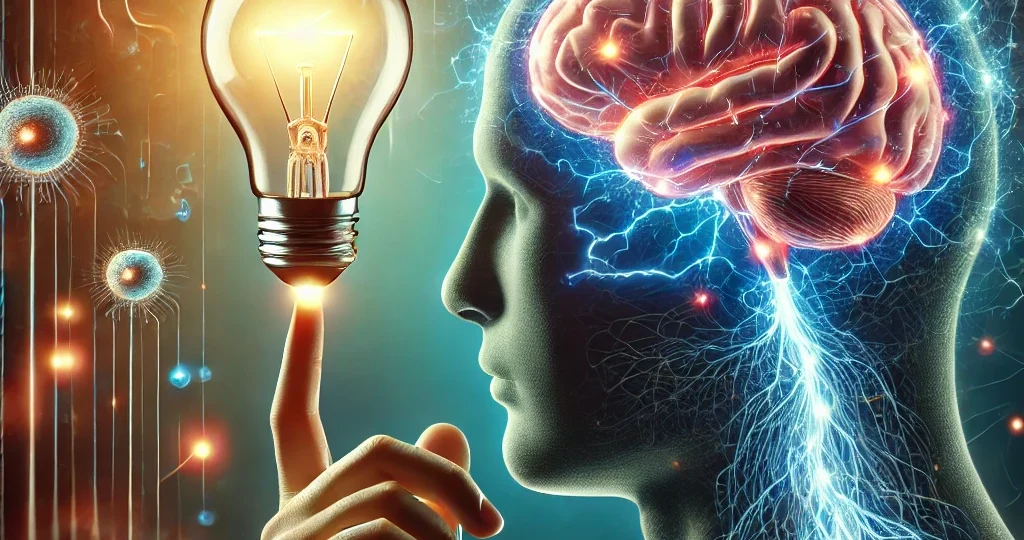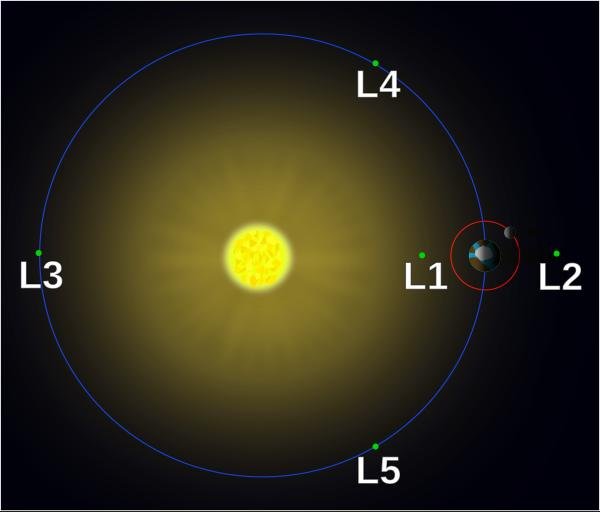
Have you ever wondered just how powerful your brain really is? One might think their brain is good for nothing when it forgets that simple grocery list with 3 items in it but It turns out, the human brain generates about 12 to 25 watts of electricity—enough to power a small lightbulb. How? Well, every thought, movement, and sensation is made possible by tiny electrical signals traveling between billions of neurons. In essence, your brain is not just an organ—it’s an electrical powerhouse.
The electricity in our brains comes from neuronal activity. Neurons communicate by sending electrical impulses, known as action potentials, through a network of synapses. This process relies on charged ions like sodium, potassium, and calcium moving in and out of cells. With approximately 86 billion neurons (about 10 times the human population) firing and sending signals at any given time, the collective electrical activity adds up to a measurable amount of energy – about enough to power a lightbulb, as I mentioned before. While we can’t exactly plug a wire into our heads and light up a room, researchers have found ways to harness this brain electricity in fields like neuroprosthetics and brain-machine interfaces.
The idea of the brain producing enough power to light a bulb is a great metaphor for its incredible energy consumption. Despite making up only 2% of the body’s weight, the brain uses around 20% of the body’s total energy. This immense demand is why mental exhaustion can feel just as draining as physical exertion. Research suggests that activities like meditation, deep focus, and even proper hydration can optimize brain function, ensuring that this tiny electrical powerhouse runs efficiently. So the next time you’re deep in thought, just remember—your brain is buzzing with energy, working tirelessly to keep your body and mind functioning at their best.
RELATED POSTS
View all


